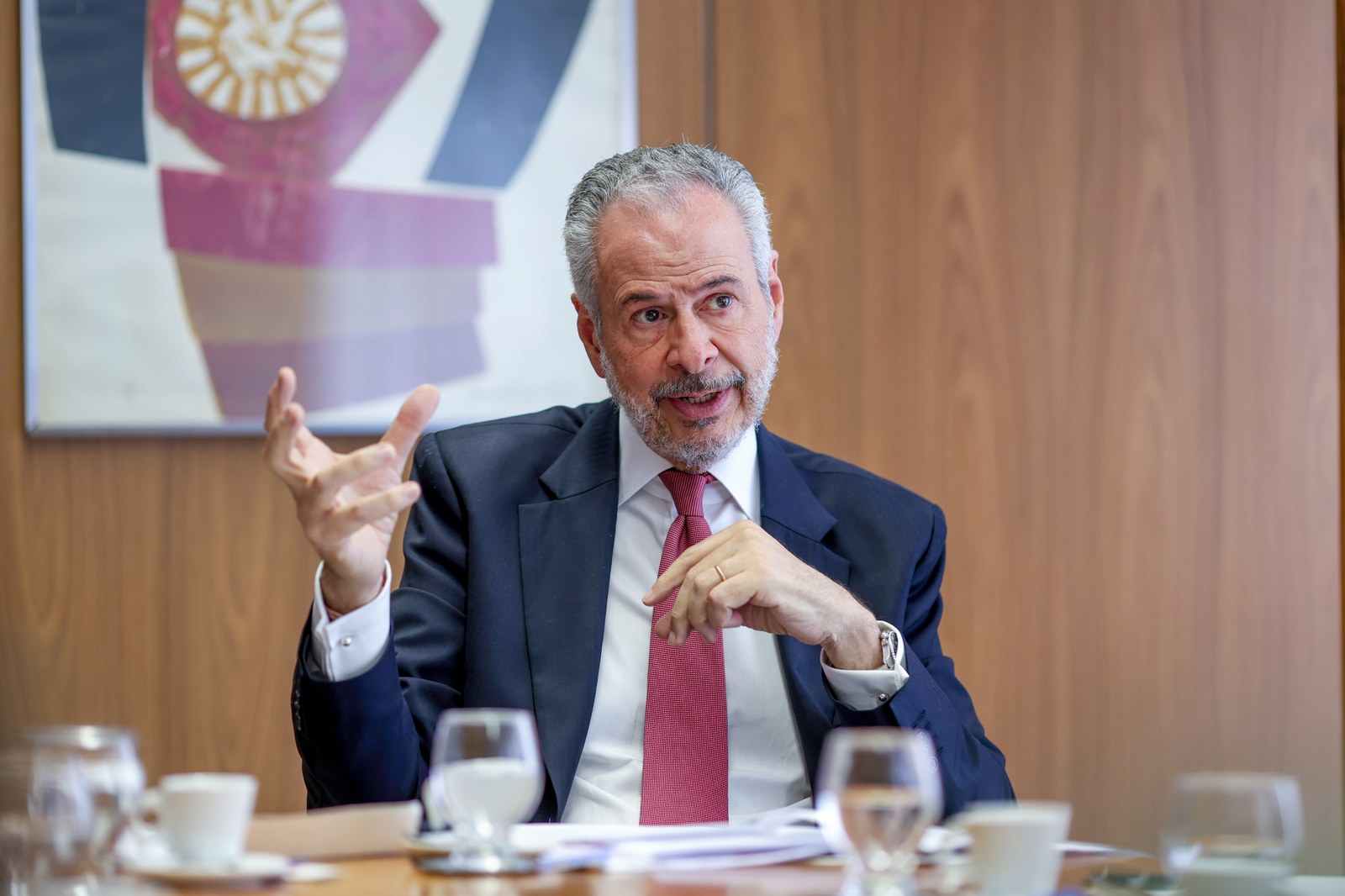Without adaptation, climate change becomes a multiplier of poverty, says COP30 President in new letter
Adaptation is not an alternative to development – it is the very essence of sustainable development in a world undergoing climate change, says Ambassador André Corrêa do Lago

The COP30 Presidency unveiled its eighth letter to the international community, focusing on climate adaptation. The letter invites countries to consider adaptation as the next step in human evolution, emphasizing its importance in protecting lives and economies in an increasingly climate-affected world.
Signed by the COP30 President-Designate, Mr. André Corrêa do Lago, the letter argues that adaptation must stand at the center of strategies for survival and economic stability. “Without adaptation, climate change becomes a multiplier of poverty, destroying livelihoods, displacing workers, and deepening hunger. As the impacts intensify, inaction is no longer a technical failure but a political choice about who lives and who dies,” the ambassador states.
Climate adaptation is no longer a choice that follows mitigation, Mr. Corrêa do Lago points out: it is the first step toward our survival. “At every turning point in our evolution, our species has secured its place on this planet through adaptation—by learning, innovating, and transforming the very conditions of life. Adaptation has always demanded the courage to let go of what no longer serves us while preserving what defines us.”
The letter warns that lack of adaptation deepens inequality, threatens jobs, and strains public finances, particularly in the most vulnerable countries. It also emphasizes that investing in adaptation is economically advantageous, capable of protecting communities, reducing losses, and avoiding far greater costs in the future. The text further highlights that public resources are crucial to fund adaptation measures, especially in countries with limited fiscal space, and that expanded international cooperation is essential to ensure that support reaches the most vulnerable nations.
The Presidency reaffirms that COP30 must be remembered as the COP of implementation and adaptation. “In my first letter, I mentioned that we are entering a dangerous era in which the wealthy—both in developed and developing nations—are isolating themselves behind climate-resilient walls, while the poor remain exposed. Such a future must be immediately rejected. It is unethical, immoral, and ultimately self-destructive, as it erodes the very cooperation that made human evolution possible. And yet, we already see signs of this dystopian scenario emerging as a trend,” wrote the COP30 President.
For Ambassador Corrêa do Lago, a major turning point in adaptation at COP30 is “essential to align the climate change regime with people’s real lives, while reinforcing multilateralism and accelerating the implementation of the Paris Agreement.”
As President Lula has stated, COP30 will be the COP of truth, “in which we will be tested in our ability to set aside differences and confront the climate crisis as the existential threat it represents,” the letter notes. “Cooperation must once again emerge as the organizing principle of the global response. Our ability to implement the adaptation provisions of the UNFCCC and the Paris Agreement through strengthened international cooperation will determine whether we evolve not only to survive but to become the best version of humanity—anchored in dignity, justice, and solidarity.”
In Belém, it will be necessary to renew the alliance between humanity and nature—transforming vulnerability into solidarity, cooperation into resilience, and adaptation into evolution. “Changing by choice, together.”
